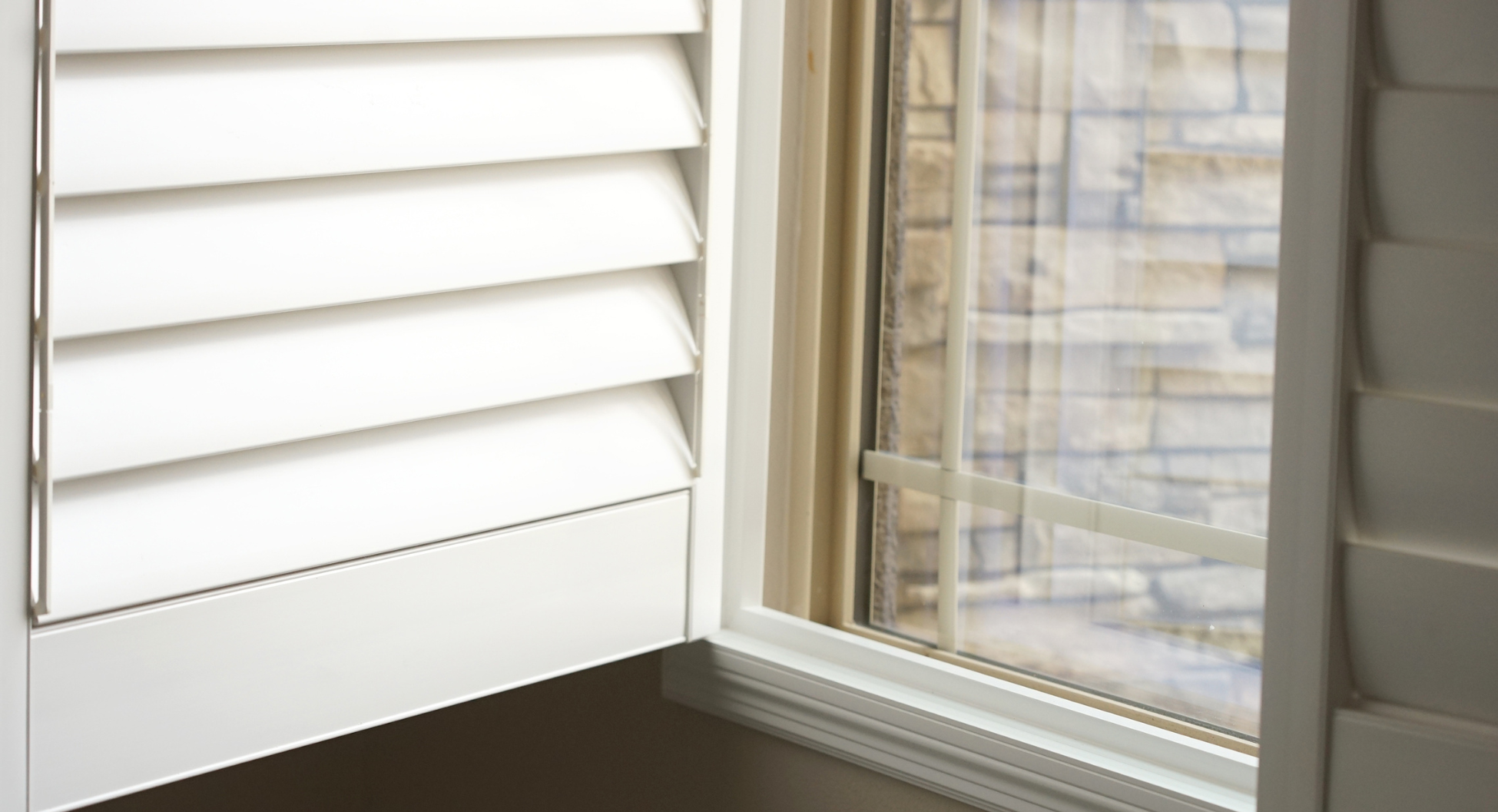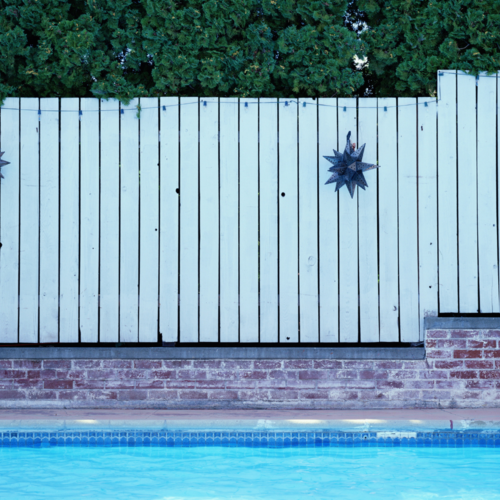As summers get hotter and hotter, it takes more energy to keep them cool. Here are some ways to keep costs—and temperatures—down.
Shade trees
One of the best ways to keep houses cool is to shade them from direct sunlight. Deciduous trees on the west and south sides of your home can reduce the overall temperature of your house in summer, and when the leaves fall in autumn, your house can benefit from direct sunshine during the winter months. Foliage up against the house also insulates the house from direct sunlight, but there’s a tradeoff between fire safety and cooling. Given where we live, I’d avoid foliage too close to the house.
Light colors and outdoor shutters
If you have shutters over windows on the outside, closing them reduces the heat that can get inside. Also, the lighter the color of your exterior paint, the more it will reflect heat rather than absorbing it. The color of the roof is especially important. You might not like the look of a lighter roof, but when you see your electricity bill, you may change your tune.
New construction and retrofits
If you’re building a new house, consider energy-efficient practices such as six-inch walls with plenty of insulation and dual-pane windows. You may also choose to install a solar chimney. This is a tall, dark, west-facing masonry column with an opening inside like a fireplace. During the day, it gets heated by the sun. At night, open the windows and the chimney creates suction where the hot air goes up and out, pulling cool air in.
Whole house exhaust fans have a similar effect. You can put them on timers for the middle of the night when the exterior air is cool, or you can get a system with heat sensors that come on automatically when it’s cooler outside than inside. Just be sure you have a window open at the opposite end of the house to bring in cool air.
When you cool the interior of the house, this also means cooling the temperature of floors, walls, solid oak dining room tables—anything with a thermal mass. The more you can cool everything down, the better.
Attic fans can make a huge difference in the energy efficiency (and overall temperature) of your house. An attic can reach 150 degrees or higher on a summer day around here, so even if it’s 100 degrees outside, an attic fan can still cool the attic. As a bonus, an attic fan can make your roof last a little longer.
Planning for a PSPS
Shade trees and insulation work fine without electricity, but air conditioning and attic fans do not. If PG&E continues to use public safety power shutoffs to prevent wildfires or rolling brown outs to prevent the grid from overloading, how can you stay cool?
The most comprehensive options are whole-house generators or solar panels with a battery back-up. Whole-house generators can power your appliances and air conditioner, but they are expensive to install, maintain, and use—and they are loud. Depending on the size of your house and your electricity usage, installing a whole-house generator could easily run $20,000.
In today’s world, a better solution is solar energy. The initial installation is more expensive than a generator, but a solar energy system costs less to operate, and for those of us concerned about global warming, solar energy does not require a bunch of fuel every time there’s a power outage. If you want to use solar power during an outage, you must have a battery that will allow you to store the solar energy rather than simply returning it to the grid for a discount on your PG&E bills.
If you do not care to invest in one of these whole-house systems, you can get a lightweight generator to run a window air conditioner. Just make sure the generator you buy is large enough to operate the AC unit. When the power goes out, you can also keep things cooler by making sure all window and door jambs seal tightly. (If you want to see the millions of places you’re leaking energy, buy an infrared camera and take pictures of your house at night or hire someone to do an energy audit.) It’s also wise to close window coverings to prevent the sun from coming in. Avoid using your gas range, even though they’ll work during an outage. Take cooking outside to the barbecue.
If you have questions about property management or real estate, please contact me at [email protected] or call (707) 462-4000. If you have an idea for a future column, share it with me and if I use it, I’ll send you a $25 gift certificate to Schat’s Bakery.
Dick Selzer is a real estate broker who has been in the business for more than 45 years.


